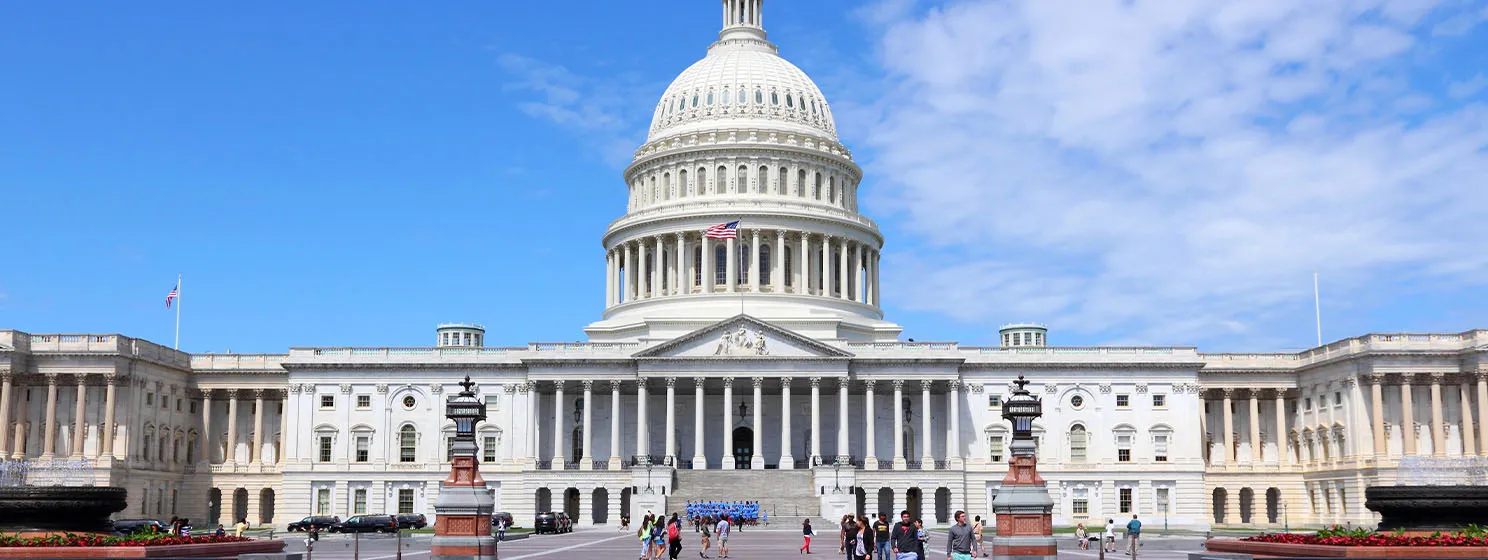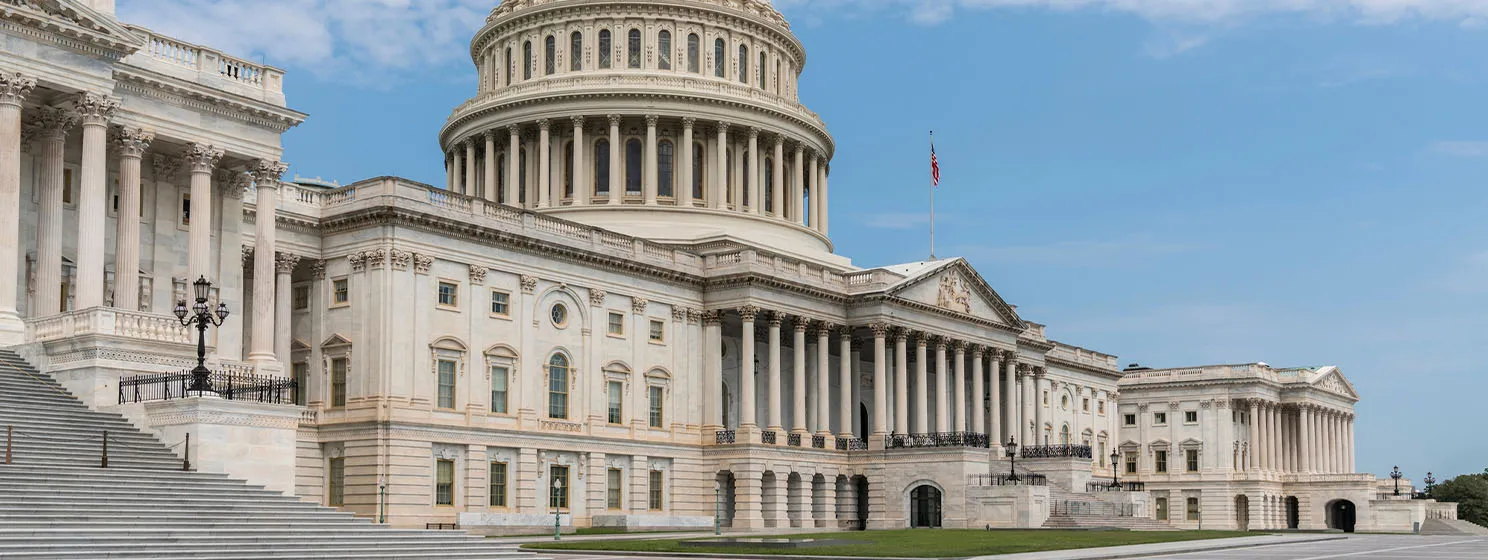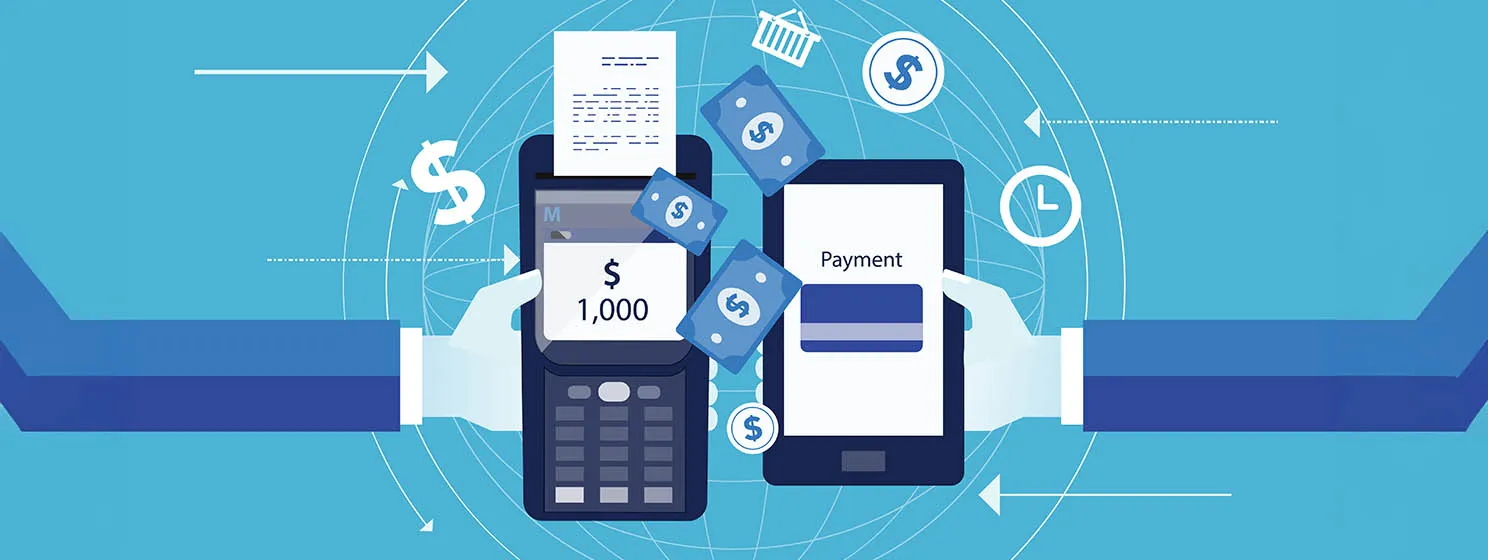
South Korea
Bhutan turns to digital asset payments amid internet issues
Elsewhere, South Korea-based Naver Pay has announced plans to explore stablecoins, targeting retail applications to keep up with local first...
Ban on Kimchi bonds ends; Singapore’s new law kicks in
South Korea banned the Kimchi bonds in 2011, but a dip in USD liquidity in the forex markets has forced...
JD.com forays into stablecoins as South Korea voices concern
JD.com plans to obtain a license in Hong Kong and launch a stablecoin this year before expanding into every major...
1 in 4 South Koreans own digital assets: study
The study found South Koreans in their 40s were the most active in digital asset accumulation, with speculation and short-term...
Digital ID for people with disabilities advance in S. Korea, Thailand
Elsewhere, Malawi will launch a national digital ID system before the end of 2026, eyeing two million enrollments.
South Korea lays out roadmap for ETFs, probes exchange fees
South Korea advances its pro-crypto pledges under Lee Jae-myung, beginning with the submission of an ETF roadmap and investigation into...
Recent
Trending
Most Views

 07-12-2025
07-12-2025 





























